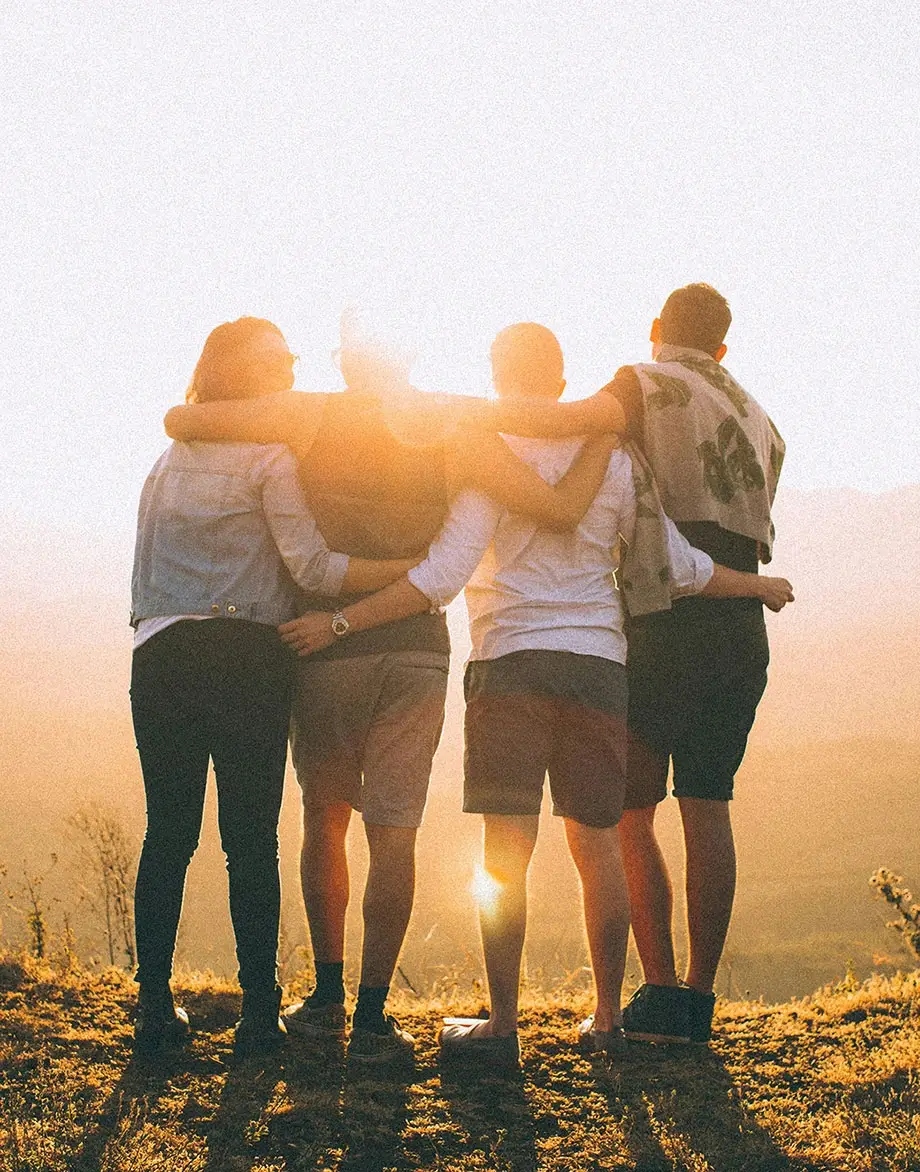Culture and history of Barbados

How easy is it to speak English in Barbados? What are Barbadians like and when are shops closed in Barbados?
Search for accommodation in Barbados
Language
The official language is English, but the locals speak their own dialect called Bajan. Incidentally, the word bajan (sometimes spelled baian), you'll see it on every corner and it expresses anything Barbadian. However, during a conversation with a tourist, the locals try not to use the dialect.
A mini-dictionary with the dialect used:
- Hello - Marnin / How ya
- Where is...? - Where is...
- Can you help me? - You could help ma?
- How much does it cost? - How much that is?
- Thank you - Thank ya
In any case, you can get by with ordinary English here without any problems. The local people, the "bajans", are very helpful and if you don't understand, they will patiently repeat everything 3 times.
People
The population on the island consists of 93% descendants of Africans, 3% Europeans, 3% mixed race and the remaining 1% Asians (Indians, Chinese). Barbados is a developed country within the Caribbean with a developed and relatively rich society.
Poverty lives to a greater extent only in some parts of Bridgetown, but you won't come across classic slums or downright shanty towns.
Barbados has a population of about 282,000, making the island nation the 22nd smallest country in the world by population.
Bajans (i.e. Barbadians) are easy-going people. They are helpful and patient with tourists, but not annoying. If you don't ask, they tend to ignore you. In general, Bajans are really used to tourists, even in remote parts of the island.
Religion
Over 75% of the local population professes Christianity, but they are divided into many plus or minus equal groups. The largest are Anglicans, Pentecostals, Seventh-day Adventists, Moravian Brethren and Catholics.
About 20% of Barbadians are atheists and the remaining 3% is shared by the other world religions.
While Bajans do attend church regularly, they do not particularly practice their faith outwardly and it does not affect their daily lives much.
Holidays
Holidays in Barbados do not have much of an impact on tourists. Offices are closed for the holidays, but normal services such as shops, restaurants, car rental services, tourist offerings and buses operate normally.
Barbados has a total of 11 public holidays:
- New Year - 1 January
- Errol Barrow Day (anniversary of the birth of the country's first Prime Minister, who made a significant contribution to independence from Great Britain) - 21 January
- Good Friday (Easter) - floating date
- Easter Monday - floating date
- National Heroes' Day - 28 April
- Labour Day - 1 May
- Whit Monday - floating date
- Emancipation Day - 1 August
- Kadooment Day (This day marks the culmination of the 6-week-long Crop Over festival, during which the sugar cane season ends. On the last day of the festival (called Kadooment Day), celebrations culminate with locals taking to the streets in carnival-like colourful costumes made mostly of feathers to celebrate this year's harvest. Kadooment means "big party" in local slang - the 1st Monday in August
- Independence Day - 30 November
- Christmas Day - 25 December
- Boxing Day - 26 December
History in a nutshell
The Portuguese were the first Europeans to arrive on the island. They gave it the name Barbados (translated as bearded, apparently derived from the fig tree lianas that abound on the island). In 1625, the island became a British colony.
The British brought slaves from Africa to the island, and they processed sugar cane. This is why the majority of the population is still black today, as slaves made up the vast majority of the population for 2 hundred years.
Barbados gained its independence on 30 November 1966 and became the 3rd country in the world to adopt parliamentary democracy.
Culture
The most important cultural event of the year is the aforementioned Kadooment Day carnival parade. Music has long roots here. You'll hear r'n'b, reggae and hits by local celebrity Rihanna on every corner.
The national sport of the country is cricket, brought to the island by the English during colonisation.
The oldest crafts on the island are undoubtedly the production of the local Mount Gay rum, fishing and agriculture (mostly sugar cane). The island also has a brewing industry with a tradition dating back some 60 years. The only local beer is brewed here Banks.
Tourism
Tourism has dominated the local economy for many years. It is widespread mainly on the west and south coasts. The island is very popular with a wealthy clientele, which means that the quality of service is very good.
Tourists fly to Barbados mainly to visit the typical beaches of the Caribbean. Each beach is a little different, but they have in common fine, pure white sand washed by azure blue sea.
Search for accommodation in Barbados
Services here are on a similar level to Europe or North America, with perhaps just a smaller selection of restaurants or shops.
There are supermarkets in every resort, but especially on the west and south coasts. The best stocked are the Massy supermarkets, which can be found in many places. Smaller grocery stores are scattered around literally every corner.
Restaurants are again only in the largest villages, but everywhere else you'll have no trouble eating at local stalls and impromptu fast-food joints.
Any questions left?
If you have any questions or comments about the article...


So how is it??? In the introduction you write 282000 and 13 smallest, here 285000 and 22 smallest. Compare a little!
In the introduction we write 13th smallest by area :)